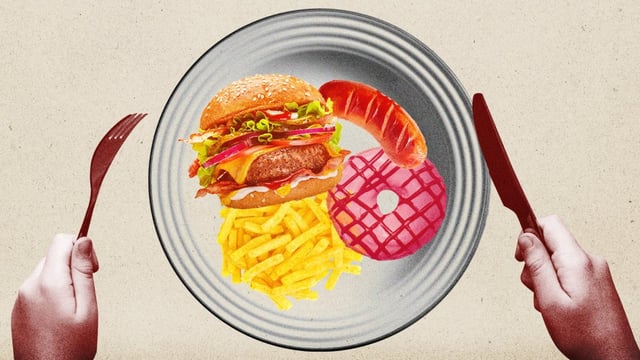Overview
- An analysis of 101,732 adults in the PLCO Cancer Screening Trial found participants in the highest quartile of ultra-processed food intake had a 41% greater risk of developing lung cancer over about 12 years.
- The elevated risk applied to both non-small cell and small-cell lung cancers and remained statistically significant across multiple subgroup and sensitivity analyses.
- Researchers and commentators emphasize that the observational design, single-baseline dietary measures, self-reported intake and coarse smoking categories prevent causal inference and leave room for residual confounding by smoking.
- Nutrition experts highlight the lack of a clear, universal definition for ultra-processed foods and the heterogeneity within the category, which spans nutrient-dense items like whole-grain bread and unsweetened yogurt to high-sugar snacks.
- With ultra-processed foods accounting for more than half of daily calories in the U.S., experts call for replication in diverse cohorts, mechanistic studies and nuanced policy measures such as refined labeling or targeted taxes.



